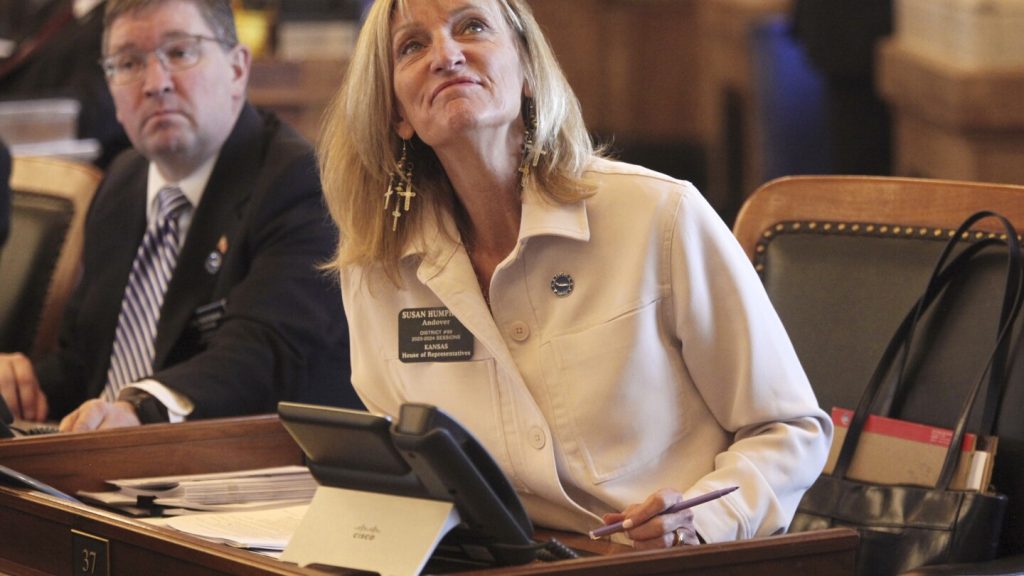Kansas is on the verge of requiring pornography websites to verify the age of their visitors in order to protect children from accessing inappropriate content. This legislation has been passed by the Republican-controlled Kansas Legislature and is awaiting approval from the Democratic Governor Laura Kelly. Similar laws have been implemented in at least eight other states since 2022, with more states considering similar measures. The goal of this legislation is to prevent minors from viewing explicit material online, which has become more prevalent with the widespread use of digital devices.
Supporters of the bill argue that it is necessary to protect children in today’s digital age where access to pornography is just a click away. However, critics raise concerns about potential violations of free speech and press rights guaranteed by the First Amendment of the U.S. Constitution. A federal appeals court recently upheld a similar law in Texas, stating that age-verification requirements are constitutional as long as there is a rational basis for them. The Kansas bill would make it a violation of consumer protection laws for websites to fail to verify the age of their visitors, with the possibility of fines and lawsuits for non-compliance.
Opponents of the bill, mostly Democrats, are worried about the potential broad interpretation of the law, which could restrict access to information about sexual orientation and gender identity for LGBTQ+ teenagers. They also raise concerns about the effectiveness of age-verification on websites based outside of Kansas and the potential risks of personal information falling into the wrong hands. Despite these concerns, lawmakers acknowledge the importance of protecting minors from harmful content online. One Republican lawmaker emphasized the need for unanimous support for the bill, highlighting the widespread understanding of the issue of pornography and the importance of safeguarding children.
As the debate over age-verification laws for pornography websites continues, states like Kansas are taking steps to address concerns about children’s access to explicit material online. With multiple states already passing similar legislation and others considering it, the issue of protecting minors from harmful content on the internet is gaining traction across the country. The outcome of the Kansas bill and the potential implications for free speech and privacy rights will be closely monitored as the state moves towards implementing this age-verification requirement for pornography websites.














